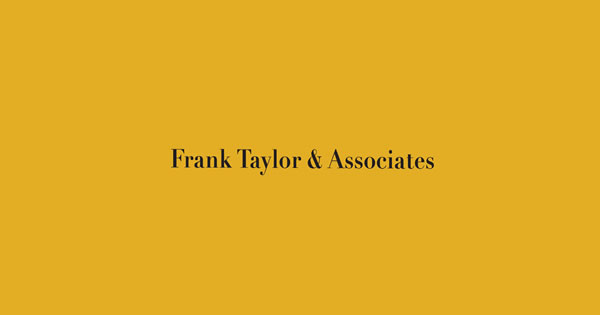Selling your dental practice is a serious undertaking so it’s important that it is handled with the upmost integrity. Andy Acton, director at Frank Taylor & Associates, explains more….
A few years ago I was invited to a swanky hotel overlooking Hyde Park in London for a business seminar with the promise of a ‘free lunch and champagne’. The alarm bells should have already been ringing, but the seminar sounded interesting, so with my Oyster card in hand, off I trotted. The seminar turned out to be a blatant sales pitch and the lunch, well; it was the saddest looking buffet I have ever seen. The pate even looked sad as it sat on limp toast! I consoled myself with some nasty sparkling wine and resolved to never be duped by a ‘free lunch’ tag again.
I appreciate we all like to get the best deal possible and when it comes to selling your practice there is clear and present danger in walking towards the flashing lights that promise ‘no fee’ when selling your practice.
When it comes to selling your practice there are many good reasons why it makes sense to use an agent that will charge you directly, as their client. Let me explain by way of some examples.
It is common practice for the dental corporates and enthusiastic individuals to approach practices directly to purchase practices. Those making the approach are very convincing that their offer is spectacular; they have the money, are experienced purchasers, know the local LAT and so it goes on. Most of this is nothing more than sales patter. For many principals, the value is established by the person making the approach and not verified by an independent valuer – this equates to commercial suicide.
A real example: a corporate approached a principal and made an offer for his practice. The principal contacted his solicitor to start the due diligence process and the experienced dental solicitor thought the price looked low and suggested the principal get an independent valuation. Jump to the end of the story and by selling the very same practice on the open market, the principal received (after paying the agents fee) an additional £320,000!
Another truly unbelievable one that a purchaser has proudly told us about was that he made an offer on a practice, which seemed attractive, as the practice owner had no idea of the true value of the practice as he had used the average NASDAL goodwill survey as his guide. The purchaser suggested they check out his offer by ringing an independent broker ‘oh let’s say ABC’. Unknown to the vendor, the purchaser, once they had the practice details, had already spoken to the alleged independent broker and suggested that if the value was £X then a nice £30,000 fee would become payable. So, surprise surprise, when the vendor called ‘ABC’ after much discussion the value was suggested at £X. The vendor then rang the purchaser and sold for that figure. Little did they know, £30,000 had changed hands and the practice was unfortunately sold for at least £100,000 less than the market would have paid for it. So the moral here is ring at least two agents to ‘test’ the values provided.
Another common mistake is to use an agent that will not charge you a fee – ‘we will sell your practice for free they cry’.
However, in this scenario it is the buyer who pays the agent. Where a buyer pays the agent this will come out of the funds they have available to buy a practice – there is nowhere else for it to come from. So, if a buyer has £800,000 to spend and the agent takes a 4% fee for the introduction then you will receive £32,000 less for your practice than you could have as this will be passed to the agent. All buyers have a maximum amount they can spend and I am passionate that this should all go to the vendor – it avoids any conflict of interests between the buyer or seller, and the seller ends up better off even after paying the agent’s fees.
Where the buyer is paying a handsome fee (which could be in excess of £100,000) for buying a practice they expect to be looked after, yet the agent is supposedly acting on your behalf – a most strange commercial arrangement I am sure you would agree. It is incongruous to ask a client to sign an agreement to act on their behalf and take payment from the opposing party in the deal – there can be no more obvious conflict than this.
Something else to consider is that where you ‘sell for free’ the buyer wants the benefit of your business not being offered to the open market – this is why they are willing to pay huge fees as they know they can buy practices below the true market value. It is vital that your practice is presented to the open market as it is this open competition that ensures the best price is achieved.
After a brief discussion at a dental event, a client realised that her practice was not being actively marketed with her best interests at heart – as a result of marketing the practice on the open market the principal received £124,000 more than she would have and this was after paying the agents fee.
Being charged with selling someone’s business is a serious undertaking and this has to be done with the upmost integrity. In most cases, it represents a life’s work and to ensure you are being properly represented there are good reasons why you should look to pay for this service.

















